


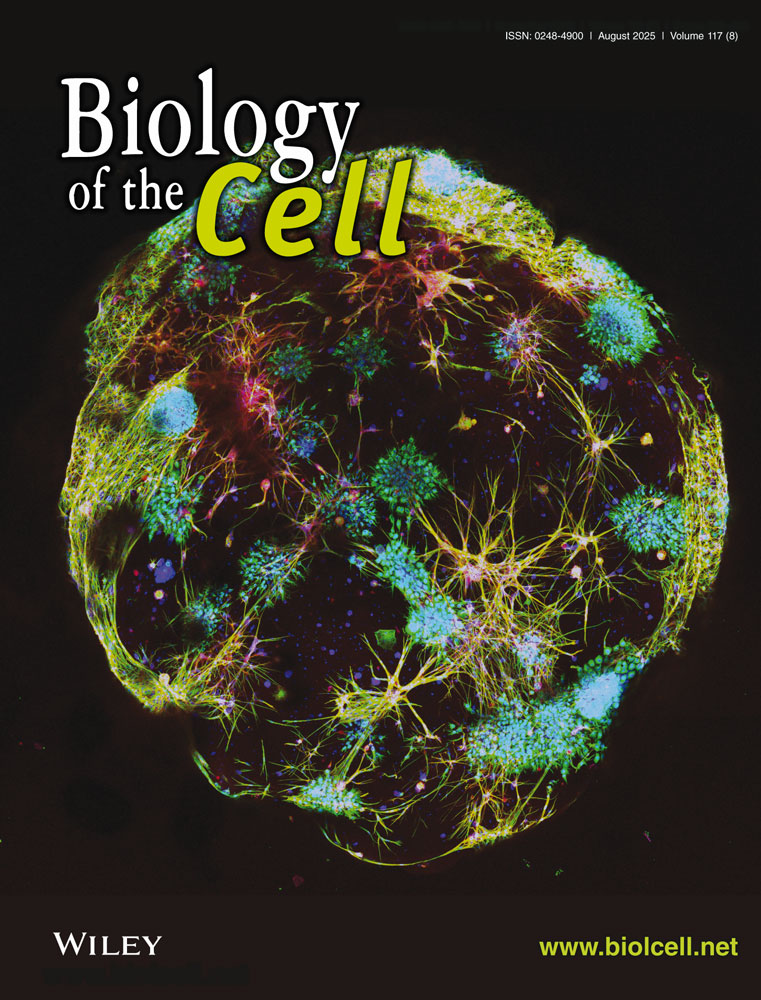


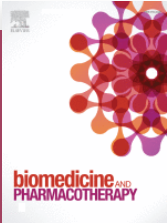
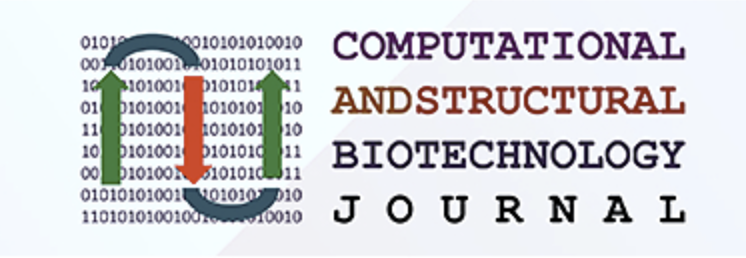
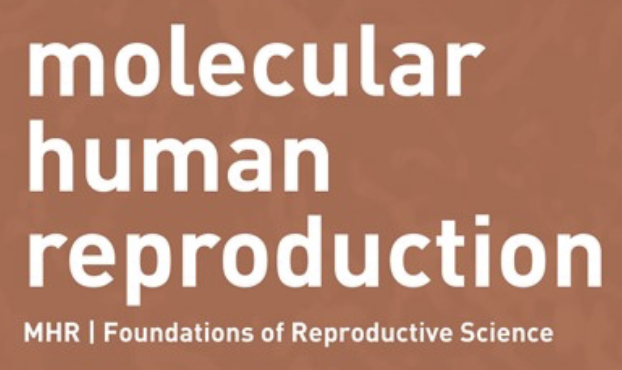

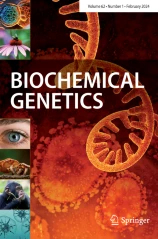


Amit Pande

My work mainly focuses on the biology of transposable elements with an emphasis on the role of Alu elements in alternative splicing and gene regulation.
Alu elements are the most abundant repetitive elements in the human genome; they emerged 65 million years ago from a fusion of the 7SL RNA-originated monomers and amplified throughout the human genome by retrotransposition to reach the present number of more than one million copies. Over the last years, several lines of evidence demonstrated that these elements modulate gene expression at the post-transcriptional level in at least three independent manners. They have been shown to be involved in alternative splicing, RNA editing and translation regulation.
Delineating the role of Alu elements, participating as basal/core and proximal promoters , in Primates, is currently the focus of my work here since July 2008. The evolutionary context in which these non-autonomous elements give rise to the formation of "new genes" in Primates enthralls me further.



